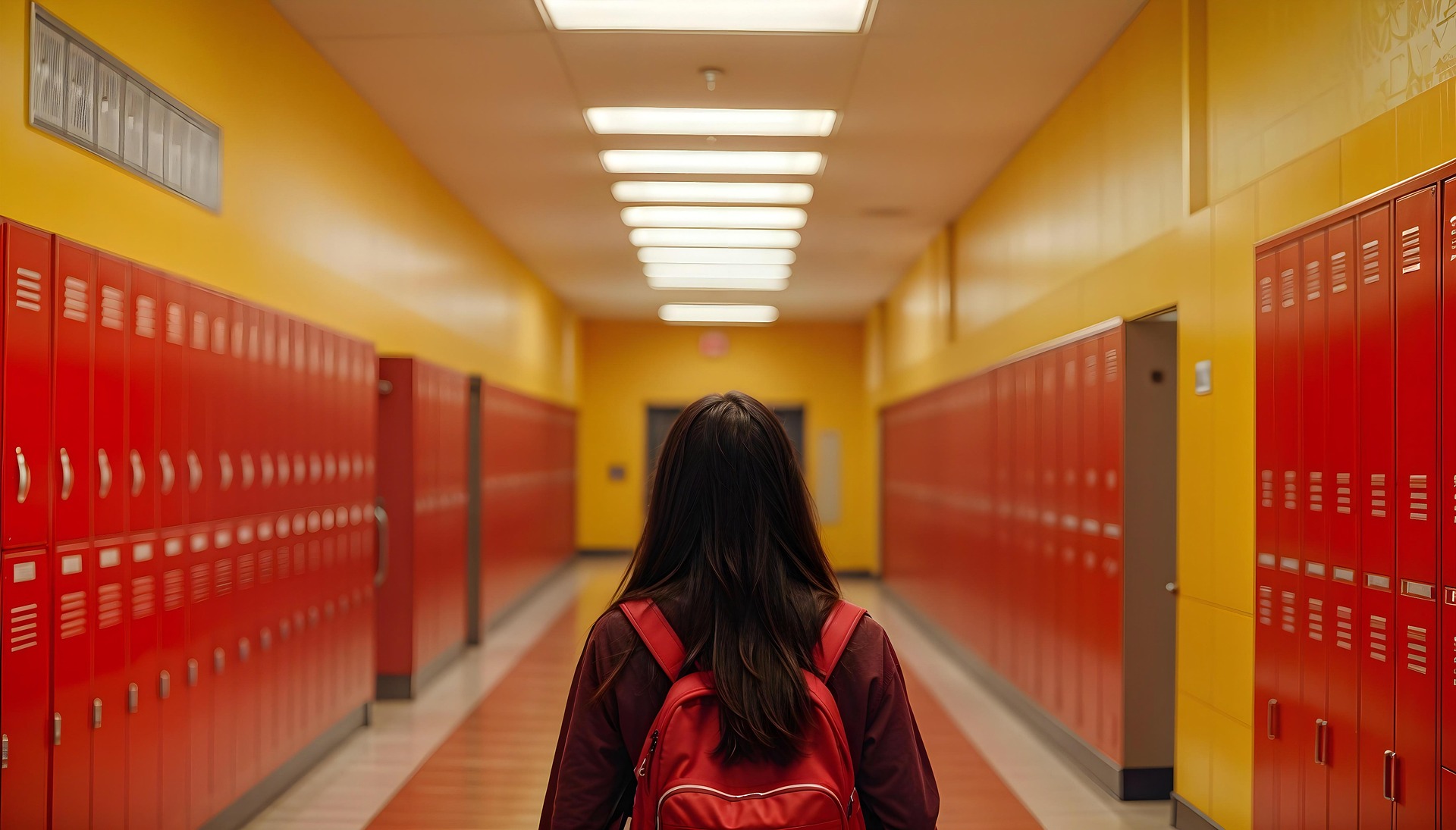
Kids spend many hours of the day at school, so having mental health support at school is vital for well-being. While IEPs and 504 plans are commonly thought of as educational support tools, they can also be used to support emotional and mental health at school. Section 504 and the Individual with Disabilities Education Act (IDEA) are both federal regulations meant to protect the rights of children with disabilities, providing students with school-based mental health services in connection with their special education needs. Special accommodations can be tailored specifically for mental and emotional needs in order to help students participate fully in school. Here are 5 common types of mental health accommodations that can be included in IEPs and 504 plans.
Gain access to Undivided’s comprehensive resources and receive our weekly newsletter.
1. Advanced information
A common accommodation for anxiety is providing students advanced information so they know what is going to happen in advance and can prepare accordingly. Undivided Non-Attorney Special Education Advocate Lisa Carey notes that it can be helpful for a teacher to provide a preview of lesson plans. “For example, the teacher might send their agenda for the week, so the kid is aware that in history, we’re going to talk about World War I,” notes Carey.
Carey has also seen accommodations for anxiety in which the school lets the child know of any significant changes or events that might be happening. She notes that advance notice of emergency drills can be helpful: “For example, maybe there is going to be an earthquake drill this week. They can let the child know in advance, so they can be prepared with headphones or earplugs for noise.”
2. Performance and test anxiety management
Dr. Sarah Pelangka (BCBA-D), a special education advocate and owner of KnowIEPs, shares that there are a number of ways to provide accommodations for performance or text anxiety. For example, for performance anxiety, accommodations could include not being called on to read aloud in class or present in front of the class.
For test anxiety accommodations, managing timing is important. Pelangka notes that it’s important to not prime too far in advance, but it can be helpful to provide study guides in advance. It’s also important to manage the timing of assignments. Pelangka recommends not extending time for assignments too far out. “The piling up of assignments can induce even more anxiety,” she notes.
3. Breaks and spaces
Mental health accommodations also come in the form of breaks and spaces. Pelangka notes that the following are common accommodations in this domain:
- Silent agreed-upon cues to request help/breaks
- Access to movement breaks
- Access to the ability listen to music
- Access to a calming space within the classroom
- Access to the wellness center whenever needed
- Allowance to use the phone to contact parents or caregivers
- Access to safe person on campus whenever needed
4. Comfort items
Comfort items from home can be helpful for students. Pelangka shares that common accommodations in this realm include the following:
- Allowance to wear certain items (e.g., hoodie/hat) in class
- Access to comfort items from home
- Access to coping strategies in their coping menu, which may include items from home (e.g., fidget toy)
- Allowance to have snacks throughout the day
5. Schedule modifications
Accommodations related to schedule modifications can also help support students at school. For example, Pelangka shares that medications and poor sleep patterns can make it difficult to wake up on time for school. In this case, a modified day to accommodate a later start time could be written into the IEP.
For more on IEPs, 504 plans, and mental health, check out the resources below.
Gain access to Undivided’s comprehensive resources and receive our weekly newsletter.
Join the Undivided Community to get more resources like this in your inbox
100% free | Curated for you

A Navigator is your Partner at each turn
*Currently offering Navigator Kickstarts to residents of California






